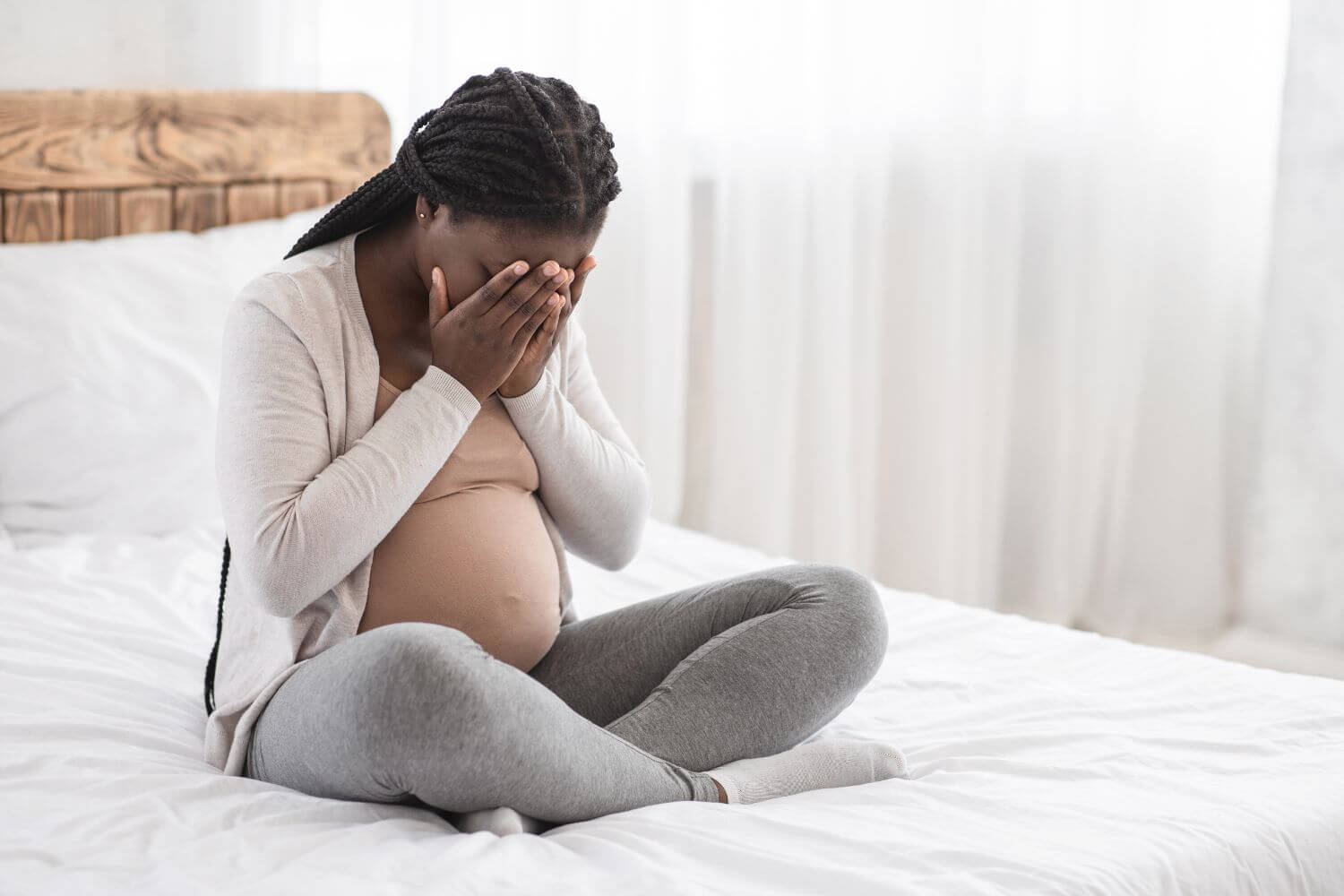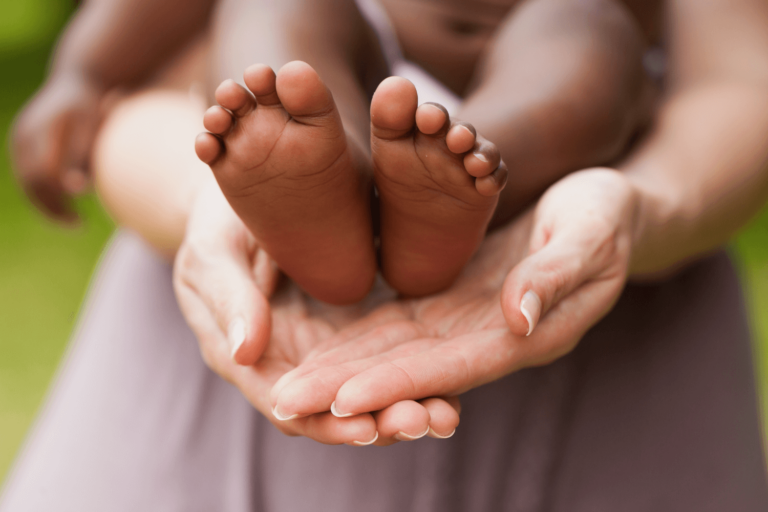Pregnancy is often portrayed as a time of joy and anticipation. However, for many women, this period can also bring about unexpected emotional challenges. One of the most significant issues is depression, which can affect both the mother and the developing baby. In this article, we’ll explore the impact of depression during pregnancy, its symptoms, potential consequences, and available resources for support.
Depression During Pregnancy: Perinatal Depression Explained
Depression during pregnancy, often referred to as perinatal depression, encompasses both prenatal and postpartum depression. It’s more common than many realize, affecting about 10-20% of pregnant women. The emotional changes brought on by hormonal fluctuations, physical discomfort, and the stress of impending motherhood can all contribute to this condition.
Recognizing the signs of depression during pregnancy is crucial for seeking help. Common symptoms may include:
- Persistent sadness or low mood
- Loss of interest in activities once enjoyed
- Changes in appetite or weight
- Fatigue or low-energy
- Difficulty concentrating or making decisions
- Feelings of worthlessness or guilt
- Sleep disturbances
If these symptoms persist for more than two weeks, it’s essential to consult a healthcare provider.
For the mother, depression can lead to a range of challenges, including:
- Physical Health Risks: Depression is linked to complications such as gestational diabetes, preeclampsia, and premature birth.
- Increased Stress: Pregnant women who are depressed may find it harder to cope with stress, affecting their overall well-being.
- Impaired Bonding: Depression can hinder a mother’s ability to connect with her baby, potentially affecting attachment.
Support for Pregnant Women Experiencing Depression
If you or someone you know is struggling with depression during pregnancy, it’s important to seek help. Depression during pregnancy is a serious issue that affects many women. Recognizing the symptoms and understanding the potential impacts on both mother and baby is crucial for seeking timely help. If you or someone you know is experiencing depression during pregnancy, know that support is available. Reach out to healthcare professionals, connect with support groups, and prioritize self-care. Remember, you are not alone on this journey, and help is just a conversation away.




